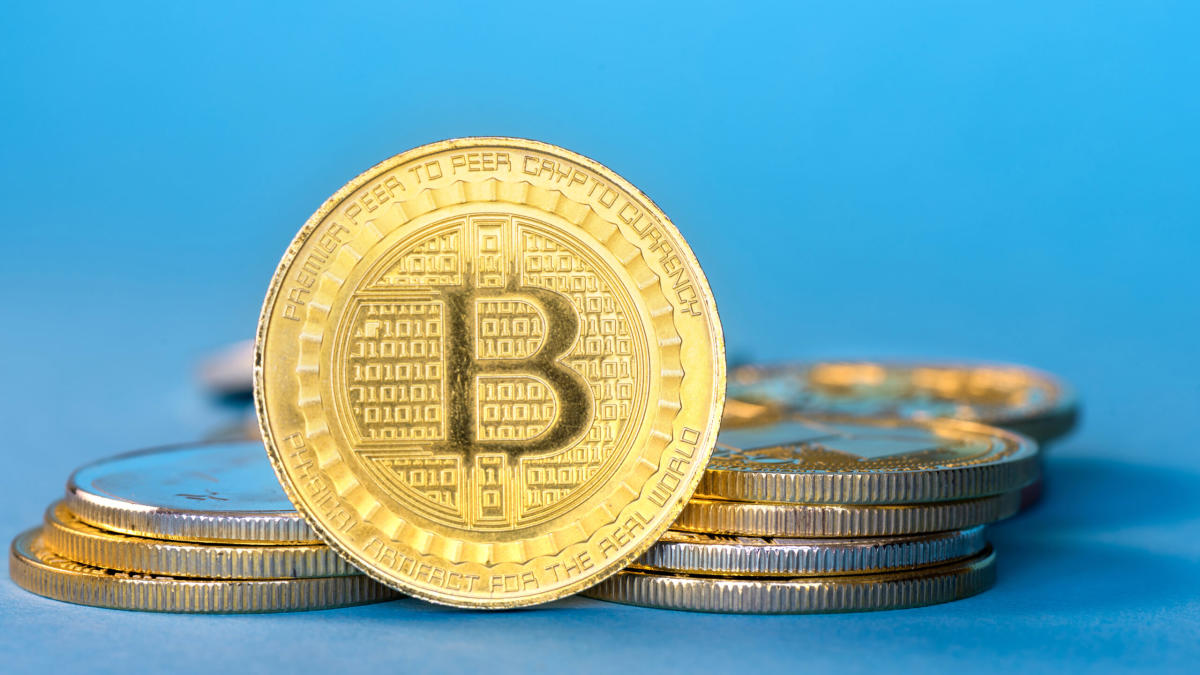Japan Agrees to Stablecoin? – Myntrepublikken: Cryptocurrency, Bitcoin, Ethereum and Blockchain news
Will Japan surpass them all?
The Financial Services Agency (FSA), the leading financial regulator in Japan, will lift the ban on foreign-issued stablecoins in 2023. That could prove beneficial for major stablecoins, such as Tether USD (USDT), USD Coin (USDC), and more.
According to reports in Japanese local media, the FSA arrived at this point after planning with updated legislation supported by the Revised Payment Services Act, which has been in force since 2010. The Act “established a system of money transfer service providers that can perform money transfer services at no more than ¥1 million per transfer only upon registration, without needing a banking license,” according to Lexology. Similarly, the Banking Act and the Money Lending Business Act are enforced by the FSA.
Relaxed crypto policies will certainly attract exchanges. The FSA will allow them to list coins, exempting any lengthy process, except in case new tokens are to be launched on the Japanese market.
According to sources, Japan was among the first nations to pass a stablecoin law to protect investors, after TerraUSD collapsed. The law said that domestic stablecoin issuers will be limited to financial institutions, such as trust organizations, banks and listed money transfer agents.
Tomoko Amaya, Japan’s Vice Minister of International Affairs, noted the FSA recommendations with a goal of observing perspectives regarding algorithmic stable coins. He said that “The proposed review states that ‘global stablecoins must not use algorithms to stabilize their value’ and strengthens safeguards for redemption rights.”
Win-win going forward
According to news reports, after crypto exchange FTX filed for Chapter 11 bankruptcy, subsidiary FTX Japan claims customers will soon be fully paid, while other nations remain in a state of limbo. Going back in history, Mt. Gox hack in 2014 and Coincheck’s failure in 2017, forced the FSA to establish new standards for crypto firms, known as Crypto Asset Exchange Service Providers (CAESP).
As regional media agency Nikkei reported, the Revised Funds Settlement Act, which regulates stablecoins and crypto-assets (digital currencies) linked to the US dollar. The aim is to reduce the risk to the financial system of stablecoins, whose market expansion is estimated at 20 trillion yen, in order to protect investors.
Japan is taking advantage of the enormous opportunity hidden in blockchain technology. Recently, Prime Minister Fumio Kishida stated that “We are confident that the incorporation of new digital services such as Metaverse (virtual space) and NFTs (non-fungible tokens) will lead to the realization of economic growth in our country,” according to Coinpost.

